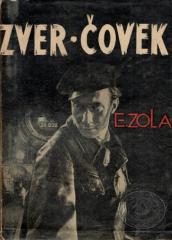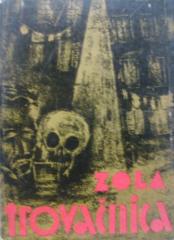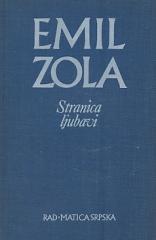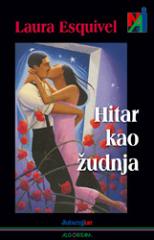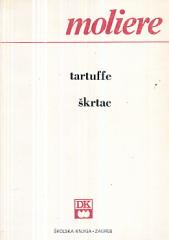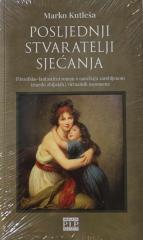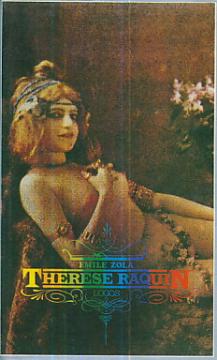
Therese Raquin
The novel Thérèse Raquin, written in 1867, is the first literary success of the French author Émile Zola and also the first naturalistic novel.
Emile Zola is considered the originator of naturalism, a period that could roughly be limited to the period between 1870 and 1890. Naturalism is a literary direction that continues realism and depicts visible reality and human nature in even more detail and consistency. According to the naturalistic understanding, man is determined by three things: his heritage, environment and moment (i.e. the circumstances in which he finds himself). It was this naturalistic view that Zola consistently applied to his work, describing the harsh reality and events that revolve around two characters who are completely mastered by their animal instincts and ultimately destroyed by them.
This unique story, intertwined with lies, passion, adultery, crimes, murders and violence, made young Zola famous and raised his reputation to a higher level and intrigued a certain group of readers, but at the same time caused outrage among his contemporaries, primarily because of his subject, and then also because of the way it is presented.
Zola, having received many insults at the expense of his work, defended himself by adding a preface to the second edition of the novel (which is considered a kind of manifesto of the naturalist movement itself), thereby defending and clarifying the main ideas that were to come in this novel, given that critics had misinterpreted it :
"At Thérèse Raquin, I wanted to study temperaments, not characters. That's what the whole book is about. I have chosen characters who are sovereignly ruled by their nerves and their blood, so they are deprived of every gift of free judgment and in every act of their life they are driven by the evil fate of their path. Therese and Laurent are human animals and nothing more."
No copies available
The last copy was sold recently.
